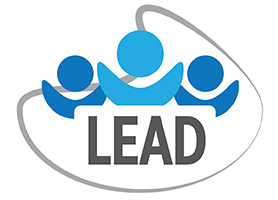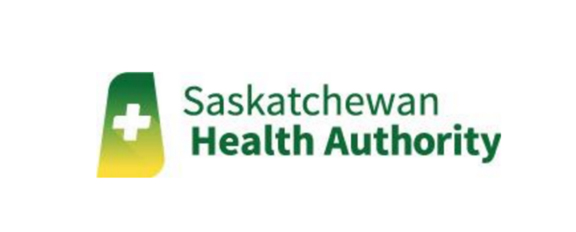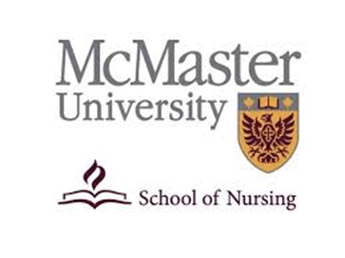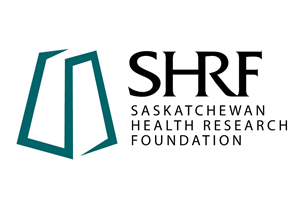Dr. Sonia Udod welcomes the opportunity for researchers and individuals interested in nursing leadership research to discuss engagement in a research partnership or involvement with the LEAD team.
Canadian Health Workforce Network http://www.hhr-rhs.ca
The Canadian Health Workforce Network (CHWN) is a rebranding of the Canadian Health Human Resources (CHHRN) which was established in 2011 with development funds from Health Canada and the Canadian Institutes of Health Research. We continue to be a network linking up health workforce policy, planning and management expertise among researchers and policy makers.
ALSN – Association for Leadership Science in Nursing
ALSN (formerly known as CGEAN) was established in 1970 as the Council on Graduate Education for Administration in Nursing as a formal organization dedicated to collegial relationships and intellectual exchange among nurse educators whose focus was nursing administration at the graduate level. ALSN has now evolved to an organization with over 200 members and an expanded focus on nursing administration and leadership education and research at both the graduate and undergraduate level. To reflect this expanded scope, ALSN is no longer referred to as the Council on Graduate Education for Administration in Nursing, but the “Association for Leadership Science in Nursing.”

CLEAR Outcomes, Greta Cummings at University of Alberta https://www.ualberta.ca/nursing/research/research-units/clear-outcomes
The Connecting Leadership Education & Research (CLEAR) Outcomes Research program focuses on the leadership practices of healthcare decision-makers and managers to achieve better outcomes for providers and patients. My research is primarily focused on the acute care health system. The CLEAR program is built upon a schematic conceptualization which I developed. The following schema has led me to focus my research on theoretical conceptualizations, leadership development, leadership practices and decision-making, and patient, and provider outcomes of leadership.
College of Nursing – University of Manitoba http://umanitoba.ca/nursing
The College of Nursing offers a full range of educational programming including baccalaureate, master’s and doctoral programs to prepare you with the knowledge, practice competencies, critical reasoning, research and scholarship, and leadership practices required to prepare you as a competent and caring registered nurse and nurse practitioner.
Our inspiring learning environment integrates simulation, interprofessional education, indigenous knowledge and pedagogy, as well as blended learning models.
Our team of expert leaders, faculty and staff create an innovative learning environment that fosters personal and professional development, mentorship and collaborative partnerships.
International Institute for Qualitative Methodology (IIQM) https://www.ualberta.ca/international-institute-for-qualitative-methodology
The International Institute for Qualitative Methodology (IIQM) is an interdisciplinary institute based at the University of Alberta, in Edmonton, Alberta, Canada, but serves qualitative researchers around the world. IIQM was founded in 1998, with the primary goal of facilitating the development of qualitative research methods across a wide variety of academic disciplines.
Today IIQM offers a wide variety of training and networking opportunities through our annual conferences, courses, workshops, and programs. We welcome you to take advantage of the opportunities IIQM has to offer to enhance your qualitative knowledge and expand your community.
Manitoba Centre for Nursing and Health Research (MCNHR) – University of Manitoba http://umanitoba.ca/faculties/nursing/mcnhr
The Manitoba Centre for Nursing and Health Research (MCNHR) a research unit within the College of Nursing, Rady Faculty of Health Sciences, University of Manitoba. The MCNHR is the only research centre in Manitoba that is solely dedicated to facilitating and supporting collaborative nursing and health research. The MCNHR is located on the second floor of the Helen Glass Centre for Nursing, a 70,000 square foot building on the University of Manitoba’s Fort Garry campus.
Regional Health Authorities Manitoba https://www.gov.mb.ca/health/rha
Health authority boards are accountable to the Minister of Health, Seniors and Active Living and are responsible for the mandate, resources and performance of the health authority. As such, members must represent the region as a whole, not any particular community or interests. A board must ensure that the organization complies with applicable legislation, regulations, provincial policies and Ministerial directives. Boards have a strategic role in setting direction for the health authority and a fiduciary role in policy formulation, decision-making, and oversight.
Research Manitoba https://researchmanitoba.ca/
Research Manitoba promotes, supports, and coordinates the funding of research excellence and innovation in health, natural and social sciences, engineering and the humanities in Manitoba.
Research Manitoba supports local talent development by providing research support to early career researchers and graduate students, along with fostering strategic partnerships to strengthen research and innovation in Manitoba.
Learn more about our organization in our video titled:
Building our future through investment in research
https://www.youtube.com/watch?v=BcZGUOG7UDo&feature=youtu.be
Saskatchewan Health Authority – https://www.saskhealthauthority.ca/Pages/Home.aspx
On December 4, 2017, the Saskatchewan Health Authority launched, transitioning 12 former Regional Health Authorities to a single provincial health authority.
The Saskatchewan Health Authority is the largest organization in Saskatchewan, employing over 40,000 employees and physicians responsible for the delivery of high quality and timely health care for the entire province.
We are driven by the commitment to improve frontline patient care for Saskatchewan people, and we are working together to better coordinate health services across the province to ensure patients receive high quality, timely health care, wherever they live in Saskatchewan.
School of Nursing – McMaster University https://nursing.mcmaster.ca
At McMaster, we are committed to the education of highly skilled professional nurses who are at the heart of health care— from the hospital bedside to the community. Our vision is to advance health and well-being through excellence in nursing. Our key core values centre on respect, creativity, and caring. Nurses are advocates for patients and families through health promotion, quality care delivery, and innovative and impactful research. As a community, we are also engaged in local, national, and international nursing leadership. Nurses comprise the largest single regulated health profession in Ontario, achieving sustained excellence as our healthcare system continues to evolve. Our school has a rich history of driving healthcare since its inception in 1946. Alongside our hospital, community, and educational partners, we continue to shape healthcare by ensuring excellence in our students
Saskatchewan Health Research Foundation (SHRF) https://shrf.ca
SHRF leads strategic investments in high impact, peer-reviewed health research aligned with provincial needs; builds and broadens Saskatchewan’s health research and innovation capacity; and facilitates the use of health research findings for informed decision-making at all levels, from the individual to care providers to policy-makers.
Canadian Institutes of Health Research (CIHR) https://cihr-irsc.gc.ca/e/193.html
At the Canadian Institutes of Health Research (CIHR), we know that research has the power to change lives. As Canada’s health research investment agency, we collaborate with partners and researchers to support the discoveries and innovations that improve our health and strengthen our health care system.
CIHR was created in 2000 under the authority of the Canadian Institutes of Health Research Act. It is an independent agency and is accountable to Parliament through the Minister of Health.
Our mission is to create new scientific knowledge and to enable its translation into improved health, more effective health services and products, and a strengthened Canadian health care system.
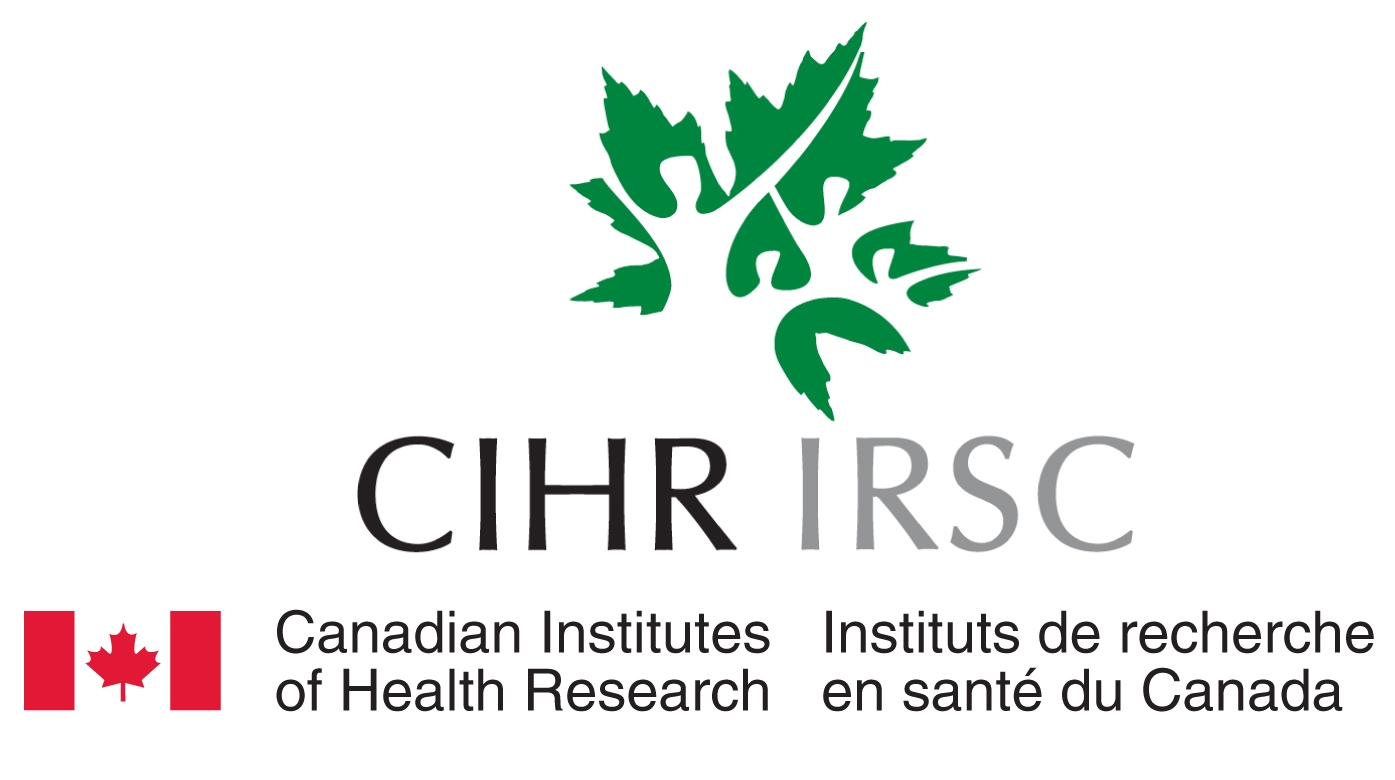
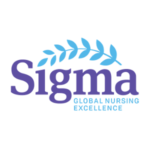
Sigma Global Nursing Excellence https://www.sigmanursing.org/
In 1922, six nurses founded Sigma Theta Tau International Honor Society of Nursing, today known as Sigma, at the Indiana University Training School for Nurses, which is now the Indiana University School of Nursing, in Indianapolis, Indiana, USA. The founders chose the name from the Greek words storgé, tharsos, and timé, meaning love, courage, and honor. Sigma became incorporated in 1985 and is a nonprofit organization with a 501(c)(3) tax status in the United States.
From its inception, Sigma has recognized the value of scholarship and excellence in nursing practice. In 1936, Sigma became the first US organization to fund nursing research. Today, Sigma supports these values through its numerous professional development products and services that focus on the core areas of education, leadership, career development, evidence-based nursing, research, and scholarship. These products and services advance the learning and professional development of members and all nurses who strive to improve the health of the world’s people.
